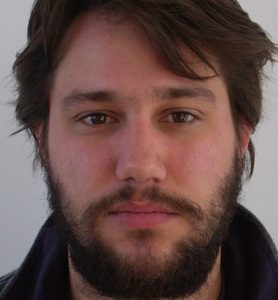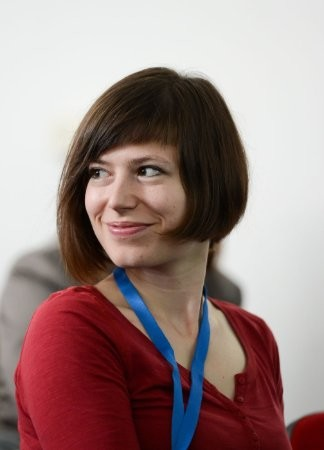Project collaborators
Project Leader: Assistant professor Nebojša Zelič (University of Rijeka)
Nebojša Zelič has so far been involved in research area of philosophy of politics and theory of liberalism, but in this project, he will expand his expertise onto theory of capabilities and on implications that this theory has for the content of public policies.
Project Collaborator: Assistant professor Ana Gavran Miloš (University of Rijeka)
Ana Gavran Miloš’s main task is investigation of the historical aspects of the debate on well-being and the relevant consequences for modern discussion. Metodologicaly, Gavran Miloš will focus on the analysis of the ancient resources and its application in the contemporary debate. In that context, in the firts part of the project she will primarily focus on the analysis of the conceptual framework for the investigation of an objectively grounded concept of well-being from the perspective of eudaimonistic moral theory. She will focus on the investigation of the capability theory and its neo-Aristotelian roots in the consideration of human nature. Gavran Miloš will also explore ancient debate of the notion of friendship and affiliation and the important reflections of that debate on modern concept of civic friendship.
Project Collaborator: Assistant professor Ana Petek (University of Zagreb)
Ana Petek‘s task is to guide the empirical part of the research project. After participating in the introductory meetings for the establishment of the research team, during the first three years of the project implementation Ana Petek will prepare a review of the findings of previous sociological, psychological, politological and related empirical research conducted in Croatia, which are in any way related to well-being, and the systematization of secondary data.The original empirical research within the project, devoted to the analysis of the experiences of the two underpriviledg target groups of Croatian public policies, which takes place in the 4thand 5thyear of project implementation, is the fundamental task of Ana Petek. In the 4thyear of the project implementation, Petek is in charge of the operationalization of normative theoretical definitions of well-being and affiliation and data-gahtering. In the 5thyear of project implementation Petek will be devoted to data analylsis and interpretation.
Postdoctoral Researcher: Dr. Ivan Cerovac (University of Rijeka)
Ivan Cerovac will, in the first part of the project, conduct a research on the compatibility between political liberalism and capability theory, with special focus on affiliation as a basic capability that can be supported by public reasons, and not as a contested (controversial) comprehensive political value or conception of good. His or her task will be to establish a framework for application of capability theory in political practice, i.e. to find out how public policies that promote affiliation can meet the liberal criterion of legitimacy. In later parts of the project, postdoctoral researcher will focus on social justice and public policies that promote affiliation and assess the limits of redistribution of resources for the improvement of well-being of socially endangered groups.
Doctoral Researcher: Tamara Crnko (University of Rijeka)
Tamara Crnko is developing her theses on the ethics of immigration. Her task is to analyse the role of the affiliation in normative debates on immigration. If affiliation is one of the essential human capabilities, can it be conceptualised as entailing more open immigration of foreigners that do not belong to the community. Task of the research is to connect cosmopolitan and liberal values such is the freedom of international movement, to a more particular communitarian interests of the communities to preserve their distinct characters and identities.




